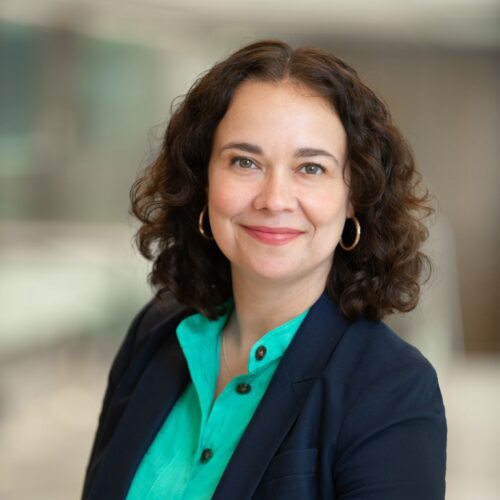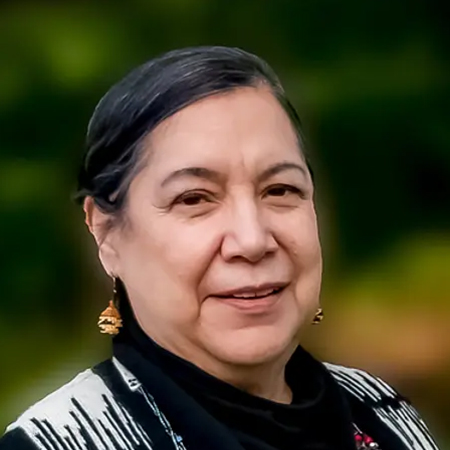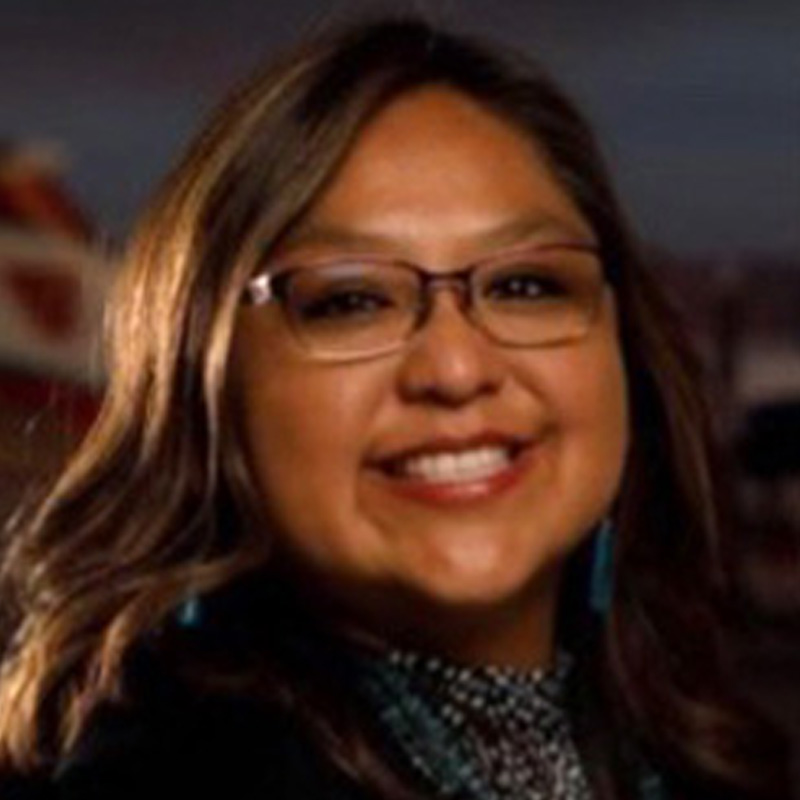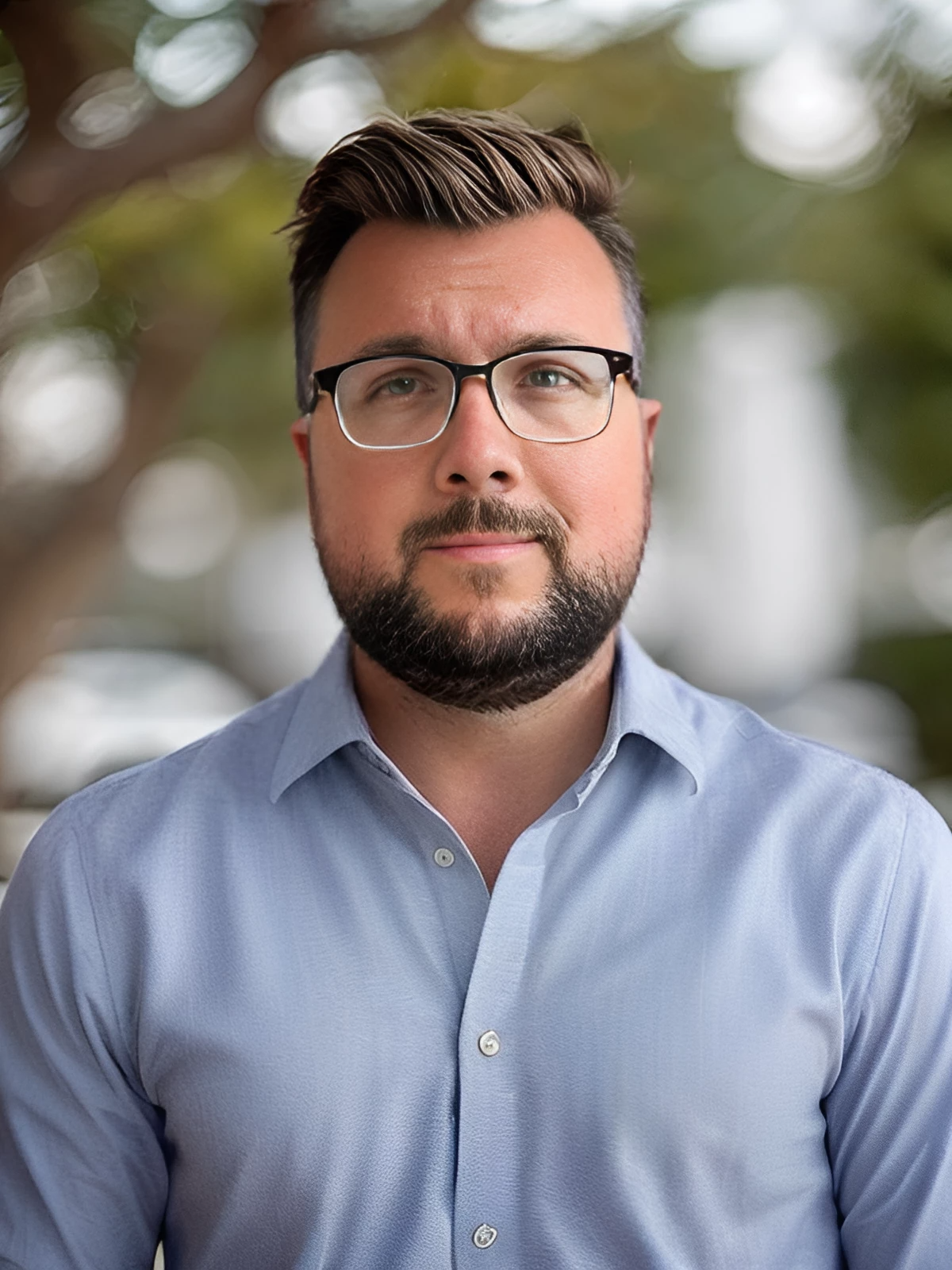About Us

Our Mission
- Develop regional networks that promote local systems-level change focused on American Indian/Alaska Native (AI/AN) health workforce development.
- Foster the development of systems-focused leaders at the national and local level to sustain this work for and by AI/AN communities.
- Identify and disseminate effective systems-based solutions to address health workforce gaps.
- Create a centralized national resource for health professions workforce development that centers AI/AN expertise and cultural ways.
Our Background
The Indigenous Health, Education, and Resources Taskforce (IHEART), is a national collaborative formed in 2021 to address the scarcity of American Indian and Alaska Native (AIAN) communities in the health professions. Its mission and goals were established with input from the Association of American Medical Colleges (AAMC), the Association of Native American Medical Students (ANAMS), the Association of American Indian Physicians (AAIP), the American Indian Higher Education Consortium (AIHEC), and the Indian Health Service (IHS).
IHEART includes approximately 680 health educators, learners, organizational leaders, tribal college leaders, and community members who are committed to AIAN communities and workforce diversity. The collaborative is organized into a national coordinating committee and regional networks which serve to amplify, herald, and sustain systems-level solutions by uniting allies, organizations, institutions, and communities dedicated to improving AIAN educational and health outcomes. The five IHEART regions–East + Southern Plains, Northern Plains, Southwest, California + Hawaii, and Alaska + Northwest–are led by Regional Hub Champions who facilitate the creation of new programs and initiatives to enhance and expand upon existing health pathways in their respective regions. The initiative was launched through the generous funding support of the Robert Wood Johnson Foundation.
IHEART Leadership

Mary Owen (MD)
Founder + Co-Lead
Dr. Owen is a member of the Auk Kwaan Tribe of the Tlingit people. On graduation from the University of Minnesota Medical School and Family Practice Residency Program, she returned home to work for her tribal community in Juneau, Alaska. In 2014, after eleven years of full-scope family medicine, she returned to the University of Minnesota Medical School, Duluth as the Director of the Center of American Indian and Minority Health (CAIMH). Her work includes recruiting and supporting future Native American physicians and teaching medical students and health care providers important components of providing healthcare to AIAN communities. Dr. Owen continues to provide clinical care at the Center of American Indian Resources in Duluth.

Norma Poll-Hunter (PhD)
AAMC Co-Lead
Norma Iris Poll-Hunter, Ph.D. serves as Senior Director in Equity, Diversity, and Inclusion at the Association of American Medical Colleges (AAMC). She provides strategic direction for workforce diversity initiatives across the medical education continuum and develops strategic partnerships and initiatives. Dr. Poll-Hunter initiated the co-development of the Action Collaborative for Black Men in Medicine with the National Medical Association, and the Indigenous Health Education and Resource Taskforce (IHEART), a multiorganizational collaborative with the Association of American Indian Physicians and the American Indian Higher Education Consortium. She leads a portfolio of faculty diversity leadership development programs and serves as Co-Investigator for the NIH-National Institute of General Medical Sciences TRANSFORM program to increase diversity in academic medicine senior leadership. Dr. Poll-Hunter serves as the Principal Investigator for the RWJF Summer Health Professions Education Program (SHPEP), the largest national workforce intervention serving nearly 1,000 diverse students each year to increase health workforce diversity.
Dr. Poll-Hunter is a thought leader, author, and scholar on diversity, workforce development, and culturally responsive education and training. Prior to the AAMC, Dr. Poll-Hunter practiced as a bilingual psychologist in New York and led community-based programs in the Bronx. She earned her Ph.D. in Counseling Psychology at the University of Albany, SUNY, and her BA in Psychology at Lehman College, CUNY.
Tom Anderson
AAIP Co-Lead

Reno Charette
AIHEC Co-Lead
Reno Charette currently serves the American Indian Higher Education Consortium (AIHEC) as the Health Initiatives Director for the Aseto’ne Networking Project (ANP), NARCH BIRCH funded by the National Institute of Health, and IHEART funded by the Robert Wood Johnson Foundation. AIHEC serves 37 tribal college/universities encompassing 20,000 students. The AIHEC Health Initiatives team seeks to inspire tribal college students to pursue a biomedical career that includes engagement in research with tribal communities to reduce health disparities.
Ms. Charette holds a Master of Arts degree in History with a specialty in the American West supported by a bachelor’s degree in Liberal Studies with an emphasis in Native American Studies. Ms. Charette is a member of the Ties in the Bundle clan of the Crow Nation and a descendant of the Turtle Mountain Chippewa, Pembina clan. Her Crow name is Bilikupa Chichixa Iiakaash meaning Sees a Circled Rainbow.
Ms. Charette has eleven years of experience in teaching Native American Studies and serving as the Native American Achievement Center Director at Montana State University Billings (MSUB). Former positions she has held include the Coordinator of Indian Affairs Governor for Brian Schweitzer’s administration, Project Director for Big Horn Teacher Projects funded by the U.S. Department of Education at MSUB, Program Assistant for the Circles of Care project funded by SAMHSA at In-Care Network in Billings, MT, Project Coordinator for the Health Careers Opportunity Program in the School of Pharmacy at the University of Montana (UM) as well as an academic advisor for the TRiO funded Educational Opportunity Program at UM.
Ms. Charette has served on many boards in the Billings community, but currently focuses on being a grandmother for 22 grandchildren.
Regional Hub Champions
Alaska and Northwest

Jason Deen (MD)
Dr. Jason Deen (Blackfeet) is an Associate Professor of Pediatrics and Medicine at the University of Washington, in the Divisions of Cardiology. He is the director of UW Medicine’s Center for Indigenous Health. He is a graduate of the American Indian Health Pathway through the Center of American Indian and Minority Health at the University of Minnesota Medical School. Dr. Deen serves as the Vice Chair for Equity, Diversity, and Inclusion in the Department of Pediatrics, Chair of the American Academy of Pediatrics’ Committee on Native American Child Health, and co-Chair of the American College of Cardiology’s Internal Medicine Pathway program, leading the Indigenous cohort. As a Multiple Principal Investigator of the Strong Heart Study, his main research interests are cardiovascular health disparities in American Indian communities and cardiovascular risk stratification in American Indian youth.
California and Hawaii

Antoinette Martinez (MD)
Antoinette Martinez, MD, is Chumash and resides in Northern California serving as a Family Medicine and Obstetrics provider for United Indian Health Services, Inc. This is a PL-638 tribal health clinic which provides primary care services to numerous indigenous tribes within Humboldt and Del Norte counties including the Yurok, Wiyot, Tolowa, Karuk, Hupa, and numerous others. Dr. Martinez graduated from the University of North Dakota INMED (Indians into Medicine) School of Medicine and Health Sciences. She has done research on Gestational Diabetes Mellitus (GDM) and American Indian Women on a North Dakota reservation, and published Cost of Smoking and Environmental Tobacco Smoke Exposure in California American Indian Communities in 2000. She completed her Family Medicine residency at the University of California Davis Medical Center in 2009, in addition to completing three years in OB/GYN residency in 2006.
Dr. Martinez is Co-Director of the University of California Davis School of Medicine Tribal Health PRIME (Programs in Medical Education). She precepts numerous medical students and Family Medicine residents and serves as a member of the California Medical Association JEDI (Justice, Equity, Diversity, and Inclusion) committee. Dr Martinez continues to be active in cultural practices, traditional ceremonies and horseback riding.
East and Southern Plains
(Co-Leads)

Christopher Derby (MD)
Christopher Derby, MD, descends from Sisseton Wahpeton Oyate and Turtle Mountain Band of Chippewa. He received his undergraduate degree from Princeton University. He attended medical school at the University of Michigan where he graduated Alpha Omega Alpha national medical honor society. Dr Derby completed general surgery residency at the University of Virginia followed by cardiothoracic surgery residency at the University of Southern California. He then completed his congenital heart surgery fellowship at Children’s Hospital Los Angeles. He is board certified in General Surgery and Thoracic Surgery. He is currently a pediatric cardiothoracic surgeon at Nemours Children’s Hospital Delaware where he is Surgical Director of the Cardiac Intensive Care Unit. His passion is prioritizing lifelong care and a heart-healthy lifestyle for children born with congenital heart disease.

Breanna De Leon (MPH, ScM)
Breanna De Leon (Lipan Apache) is a PhD candidate at the University of Pittsburgh School of Public Health. Her research explores HIV prevention, harm reduction, and social-structural determinants of health among Native Americans. Breanna has interned with the Association of American Medical Colleges, working on the Indigenous Health, Education, and Resources Taskforce since 2021. She serves as one of the co-regional hub champions for the East and Southern Plains region.

Kristen Rowan
Kristen Rowan is the Training & Development Coordinator for Oklahoma State University in Oklahoma City. Ms. Rowan specializes in creating, planning and managing training programs for students, businesses and organizations. She produces trainings that are meaningful, dynamic and that help individuals become more aware of themselves and their organization. Her passion for helping people to be the best version of themselves in both their personal life and work life is the motivating source that makes their programs successful. For the last seven years, Ms. Rowan and her team have been able to double their enrollments and create more opportunities for the community and state than ever before within the department.
Northern Plains

Drew Babcock
Drew Babcock is proud to be a two-time graduate of the University of Montana earning both a B.S. in Athletic Training and M.S. in Health and Human Performance. A native Montanan, he was born in Kalispell and raised in East Glacier and the Browning area on the Blackfeet Reservation. He is an Amskapi Piikuni (Blackfeet). He spent his high school years in Las Vegas, NV, then returned to Montana on a collegiate track scholarship and has stayed in the Missoula area since 2002.
Mr. Babcock always been interested in healthcare, which is a big reason for him becoming an athletic trainer, spending over 16 years as an athletic trainer with Grizzly Athletics. Throughout his collegiate and post collegiate education he has become passionate about healthcare inequity, especially in regard to American Indian/Alaska Native populations and frontier settings.
In his current position with the Family Medicine Residency of Western Montana, he is the liaison with their IHS, Tribal, and Urban Indian organizations. He also focuses on faculty and resident doctor education, American Indian med student recruitment, and workforce and pathway development.
Southwest

Roberta Zayas (MCRP, MPA)
Roberta Zayas is a member of the Diné (Navajo) Nation. She is born for (maternal clan) Tsénabahiłnii (Sleeping Rock People clan) and born into (Paternal clan) Táchii’nii (Red Running into the Water People clan). Her maternal grandfather is Tsénjíkiní (Cliff Dwellers People clan) and her paternal grandfather is Tódích’íi’nii (Bitter Water clan). She currently resides in Albuquerque, NM but hails from a place known by her grandparents and their children as Red Willow Springs, Arizona, a rural area in the mountains of Northeastern Arizona located on the Navajo Reservation near Sawmill, Arizona.
Ms. Zayas currently serves as a Program Manager with the University of New Mexico Health Sciences Office for Diversity, Equity, and Inclusion (DEI) specializing in community partnerships, community capacity building, and positive youth development with a focus on supporting diverse populations. In her current role, she oversees the expansion of programs, establishes sustainability of programs into communities, provides project planning, and oversees operations of the projects. Ms. Zayas has collaborated in community work with rural communities throughout New Mexico and Arizona, with indigenous communities and youth. Her efforts are focused on advocating for the underserved populations and believes that being a culturally responsive individual entails using the indigenous value-based approach to community development and utilizing the 7-generation model to carry out community development. Her educational background includes a B.S. in Sociology, M.C.R.P in Community Regional Planning, and M.P.A. in Public Administration.
Staff

Stephanie Dobos
Program Manager
Stephanie Dobos, while originally from New York, is based out of Raleigh, North Carolina where she attended Duke University for her undergraduate studies and the University of North Carolina at Chapel Hill for her MPH. Having worked in multiple fields (veterinary medicine, molecular biology, clinical research), she landed on public health as her career trajectory following the COVID-19 pandemic and learning of the health disparities that came along with it. She is passionate about uplifting historically marginalized communities and focuses strongly on the epithet of “equality versus equity”, which led her to IHEART where she now serves as their Program Manager. Her fervor for the tenets of IHEART align seamlessly with her mission to further understand social determinants of health and their repercussions.

Eric D. Johnson, MPH
Communications Coordinator
Eric D. Johnson, MPH, is a public health consultant specializing in communications, evaluation, research capacity-building, and health equity. He has worked on many NIH-funded efforts for the American Indian Higher Education Consortium (AIHEC), including the IPERT and NARCH programs, AIM-AHEAD, and most recently the IHEART initiative. His work supports Tribal Colleges and Universities in developing inclusive, culturally grounded pathways into biomedical and data science research.
Beyond Indigenous health, Eric’s portfolio includes projects focused on rural health systems, HIV prevention, and lupus self-management—with particular emphasis on underserved communities.
Eric holds a Master of Public Health from the UNC Gillings School of Global Public Health and was a Fellow of the Satcher Health Leadership Institute’s HIV Health Equity Leadership Program.
